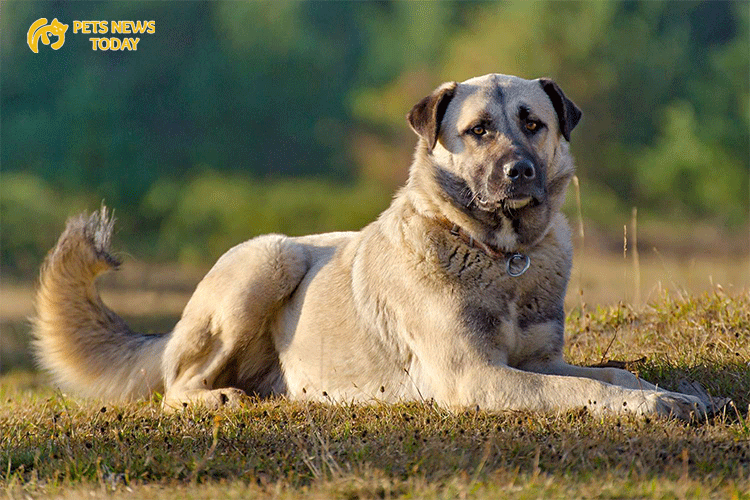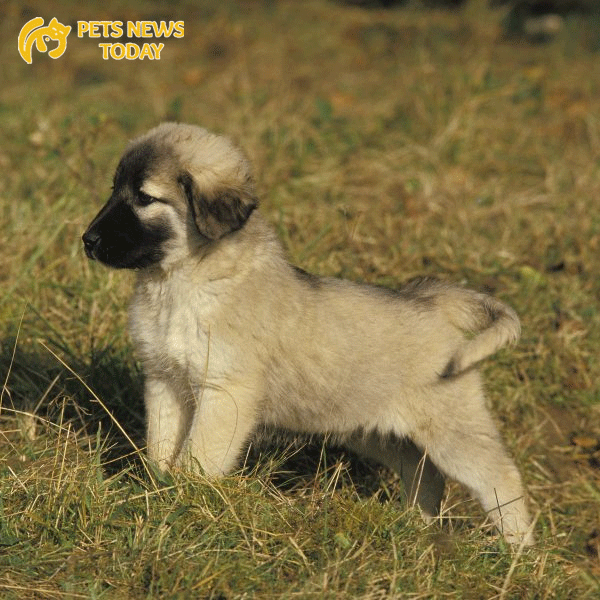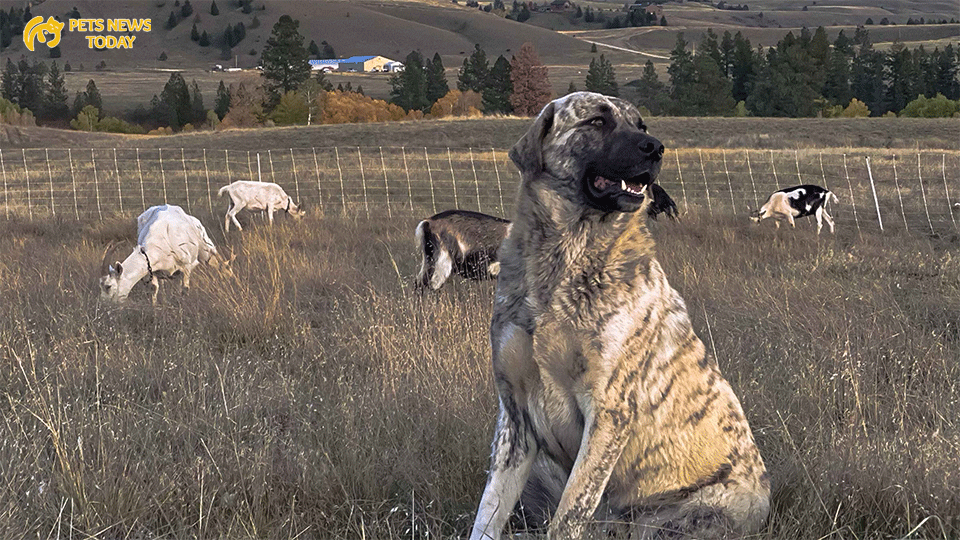The Anatolian Shepherd is a large, powerful, and protective dog breed known for its loyalty and natural guarding instincts. Originating from Turkey, the Anatolian Shepherd has a long history as a working dog, particularly in guarding livestock. In this comprehensive guide, we will explore the history, physical characteristics, personality traits, grooming needs, health, and other important aspects of the Anatolian Shepherd breed.
History and Origin
- Ancient Roots: The Anatolian Shepherd has a long history dating back thousands of years. It is believed to have originated in the Anatolian region of modern-day Turkey, where it served as a guardian dog for shepherds.
- Livestock Guardian: The breed was primarily used to protect livestock, such as sheep and goats, from predators like wolves and bears.
- Preservation of the Breed: Over the centuries, the Anatolian Shepherd was selectively bred for its guarding abilities, strength, and resilience.
Physical Characteristics

- Large Size: Anatolian Shepherds are large dogs, with males typically standing 28 to 30 inches tall at the shoulder and weighing between 110 and 150 pounds. Females are slightly smaller, standing 26 to 28 inches tall and weighing between 80 and 120 pounds.
- Powerful Build: The breed has a strong, muscular build that allows it to perform physically demanding tasks, such as protecting livestock.
- Double Coat: Anatolian Shepherds have a dense double coat that provides insulation against harsh weather. The coat can be short or medium in length.
- Coat Colors: The breed’s coat can come in various colors, including fawn, white, brindle, and piebald. Black mask markings are common, giving the breed a distinctive appearance.
- Strong Head and Ears: Anatolian Shepherds have a broad, powerful head with large, expressive eyes. Their ears are typically V-shaped and may droop slightly.
Personality and Temperament
- Loyal and Devoted: Anatolian Shepherds are known for their loyalty and devotion to their families and flocks.
- Natural Guarding Instincts: These dogs have strong protective instincts and will guard their territory and loved ones against perceived threats.
- Independent and Intelligent: The breed is known for its independent thinking and high intelligence. They can make decisions on their own, especially when guarding.
- Calm and Composed: Anatolian Shepherds are generally calm and composed, but they remain vigilant and alert.
- Socialization Needs: Early and ongoing socialization is important for helping them develop friendly behaviors around people and other animals.
Grooming and Care
- Regular Brushing: Due to their dense double coat, Anatolian Shepherds require regular brushing to remove loose hair and prevent matting. Weekly grooming is recommended.
- Bathing: Bathing should be done occasionally, but not too frequently, to maintain the coat’s natural oils.
- Dental Care: Regular teeth brushing is essential to prevent dental issues and maintain overall health.
- Nail Trimming: Keep the nails trimmed regularly to prevent discomfort and potential injuries.
- Exercise Needs: Anatolian Shepherds require regular exercise, including daily walks and ample space to roam. However, they are not overly active indoors and are known to be calm when at home.
Health and Lifespan

- Lifespan: The average lifespan of an Anatolian Shepherd is between 11 and 15 years, although some may live longer with proper care.
- Health Concerns: The breed can be prone to certain health issues, such as hip dysplasia, elbow dysplasia, and bloat. Regular vet check-ups can help catch and manage any potential problems.
- Weight Management: Monitoring their diet and providing regular exercise helps prevent obesity, which can lead to other health issues.
- Joint Health: Supporting joint health with supplements and maintaining a healthy weight can help prevent joint issues.
- Ear Care: Routine ear cleaning can prevent infections and other health problems in this area.
Training and Socialization

- Early Socialization: Early socialization is crucial for Anatolian Shepherds to develop friendly and adaptable behaviors. Introduce them to different people, animals, and environments from a young age.
- Obedience Training: Consistent and positive reinforcement training methods work best for teaching basic commands and managing their independent behavior.
- Leash Training: Due to their strength and size, leash training is essential for control during walks.
- Boundaries and Consistency: Establishing clear boundaries and being consistent in training helps manage their guarding instincts.
- Mental Stimulation: In addition to physical exercise, Anatolian Shepherds benefit from mental stimulation through puzzle toys and interactive play.
Favorite Foods and Diet
- High-Quality Protein: Anatolian Shepherds thrive on a diet rich in high-quality protein sources such as chicken, beef, or fish.
- Balanced Nutrition: Provide a balanced diet that includes the right proportions of carbohydrates, fats, and essential nutrients.
- Feeding Schedule: Establish a consistent feeding schedule to maintain your dog’s health and prevent overeating.
- Avoid Overfeeding: The breed is prone to obesity, so monitor their food intake and avoid giving too many treats.
- Consult Your Vet: Always consult your vet for specific dietary recommendations based on your dog’s age, weight, and health needs.
Conclusion
The Anatolian Shepherd is a majestic and loyal breed known for its protective nature, intelligence, and strength. Whether used as a working dog or a family companion, Anatolian Shepherds bring a sense of security and devotion to their homes. Understanding their specific needs in terms of grooming, training, socialization, and health care is essential for a fulfilling relationship with these remarkable dogs. Whether you already have an Anatolian Shepherd or are considering bringing one into your home, these insights offer a comprehensive overview of the breed’s unique traits and qualities.





